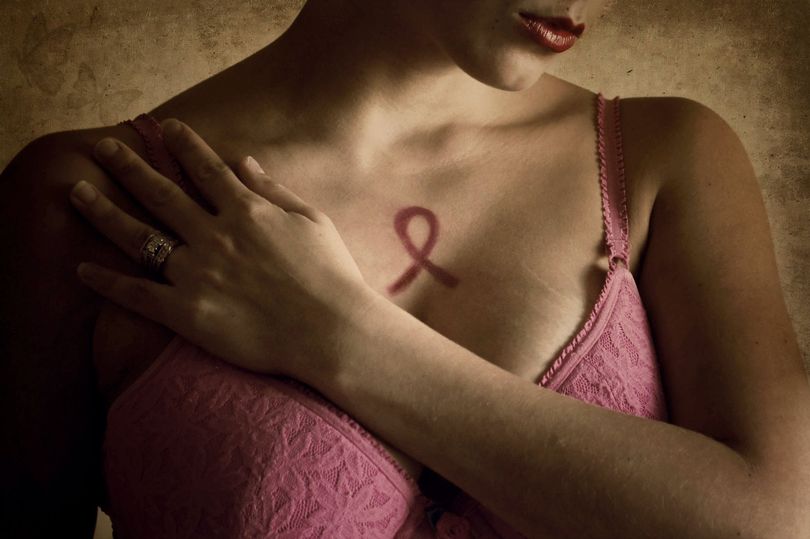There’s a revolution going on in the treatment of breast cancer and it’s an example of how research creeps forward while reversing hallowed medical practices.
New medical research has shown that only a third of patients with early breast cancer need chemotherapy, for years the standard treatment.
Good news indeed, but what’s brought about the revolution? Stay with me.
First some info on breast cancer.
Lead author Joseph Sparano, New York cancer expert, explains that half of all breast cancers are hormone sensitive, making the cancer treatable with anti-hormones like tamoxifen, and haven’t spread to lymph glands in the armpit.

About one in six will contain the HER2 receptor.
This is important to know as the cancer will be sensitive to the drug Herceptin.
Doctors build up the profile of each individual cancer by doing one more check – a test for 21 genes – to calculate the chance of the cancer returning after treatment. If this score is high, patients will receive chemotherapy.
After gathering all this info, the new study showed most women with early stage breast cancer and a mid-range risk of recurrence don’t gain anything from chemotherapy on top of endocrine therapy.
Nearly 96% of these women are alive nine years later whether they have chemo or not.
As a consequence, debilitating chemotherapy with its unpleasant side effects may be avoided in about 70% of these women, so limiting chemo to the 30% who’ll benefit from it.

The study is the largest breast cancer treatment trial ever conducted. It included 10,273 women with early stage breast cancer which was hormone sensitive, HER2 negative and lymph gland negative.
Of the 9,719 patients with follow-up information, more than two-thirds (69%) had a mid-range score when tested for the 21 tumour genes.
These women were then treated with chemotherapy plus hormone therapy or hormone therapy alone.
The study also showed age is a factor in predicting recurrence. Women aged 50 years and younger and with a mid-risk gene score were more likely to benefit from the addition of chemotherapy than others. This range of scores was found in nearly half of women in this age group.
“This study will transform care immediately and for the better,” said Harold Burstein from the American Society of Clinical Oncology, following publication of the results in the New England Journal of Medicine.
“This data provides critical reassurance to doctors and patients that they can use genomic information to make better treatment decisions in women with early stage breast cancer.”

